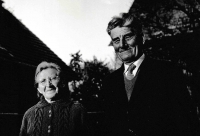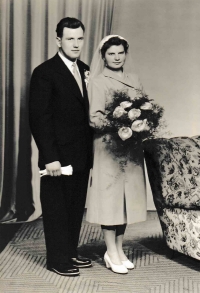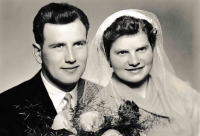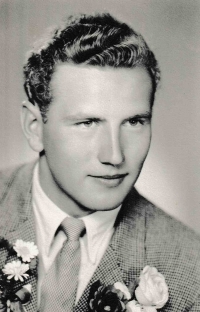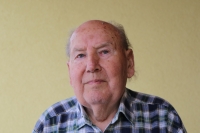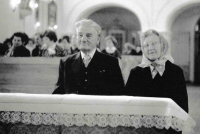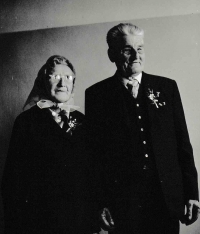There was not even a calf left
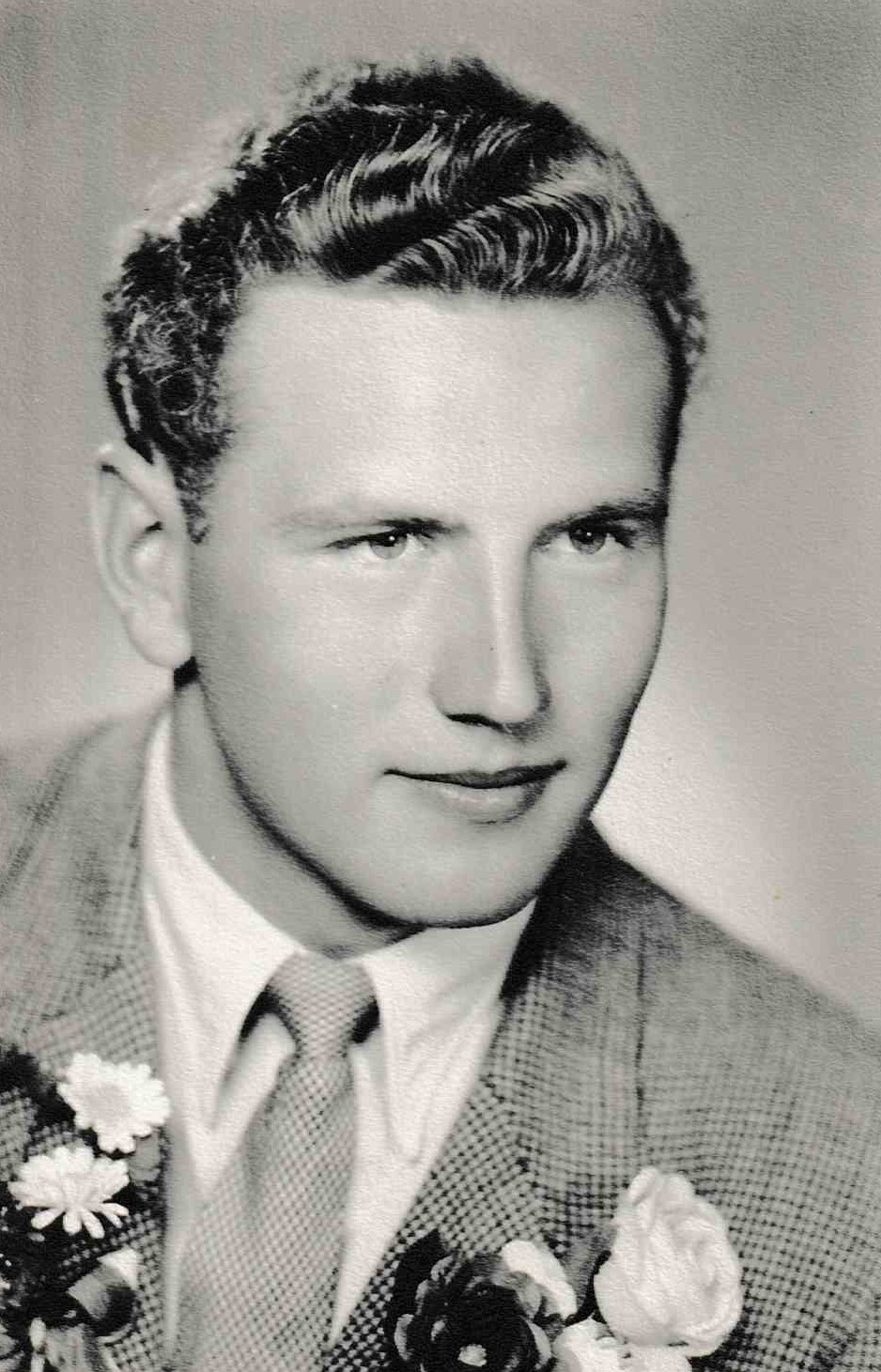
Stáhnout obrázek
Vladimír Žemla was born on May 14, 1935 in the village of Choryně in the Valašské Meziříčí region, where his father Vojtěch (born 1903) successfully saved an originally indebted farm. Thanks to this, the family managed to end the war years without much hardship. From his childhood, Vladimír Žemla remembers the Nazi occupation of Czechoslovakia and the liberation of Choryně by the Red Army. After the war, he attended a grammar school in Valašské Meziříčí. However, he had to leave after 1948 due to an unsuitable personnel profile. After the currency reform, the family lost all its savings. As a result of forced collectivization, Žeml also lost farm equipment and livestock. In 1955, Vladimír took part in the First National Spartakiad, where he met his future wife, Jarmila Špůrková. From 1955 to 1957 he served in military training in Čáslav, then moved to Zašová with his wife. From 1960 until his retirement (1993), he worked for the District Industrial and Repair Company (OPOP). Although he was never in the Communist Party, from the mid-1960s he served as a member of the National Committee in Zašová, where he served as chairman of the school and cultural commission. Vladimír Žemla lived in Zašová at the time of filming the interview (2021).
